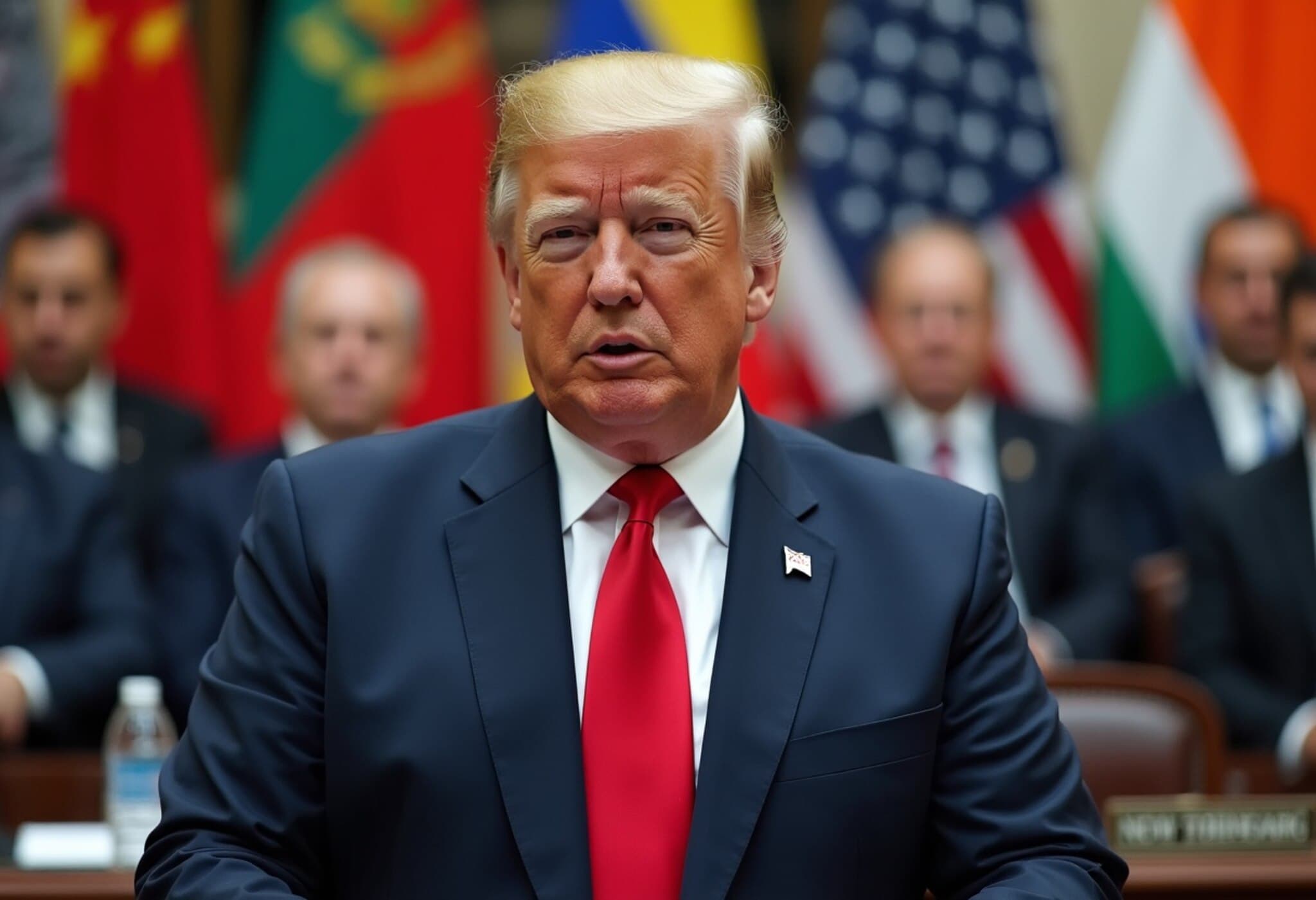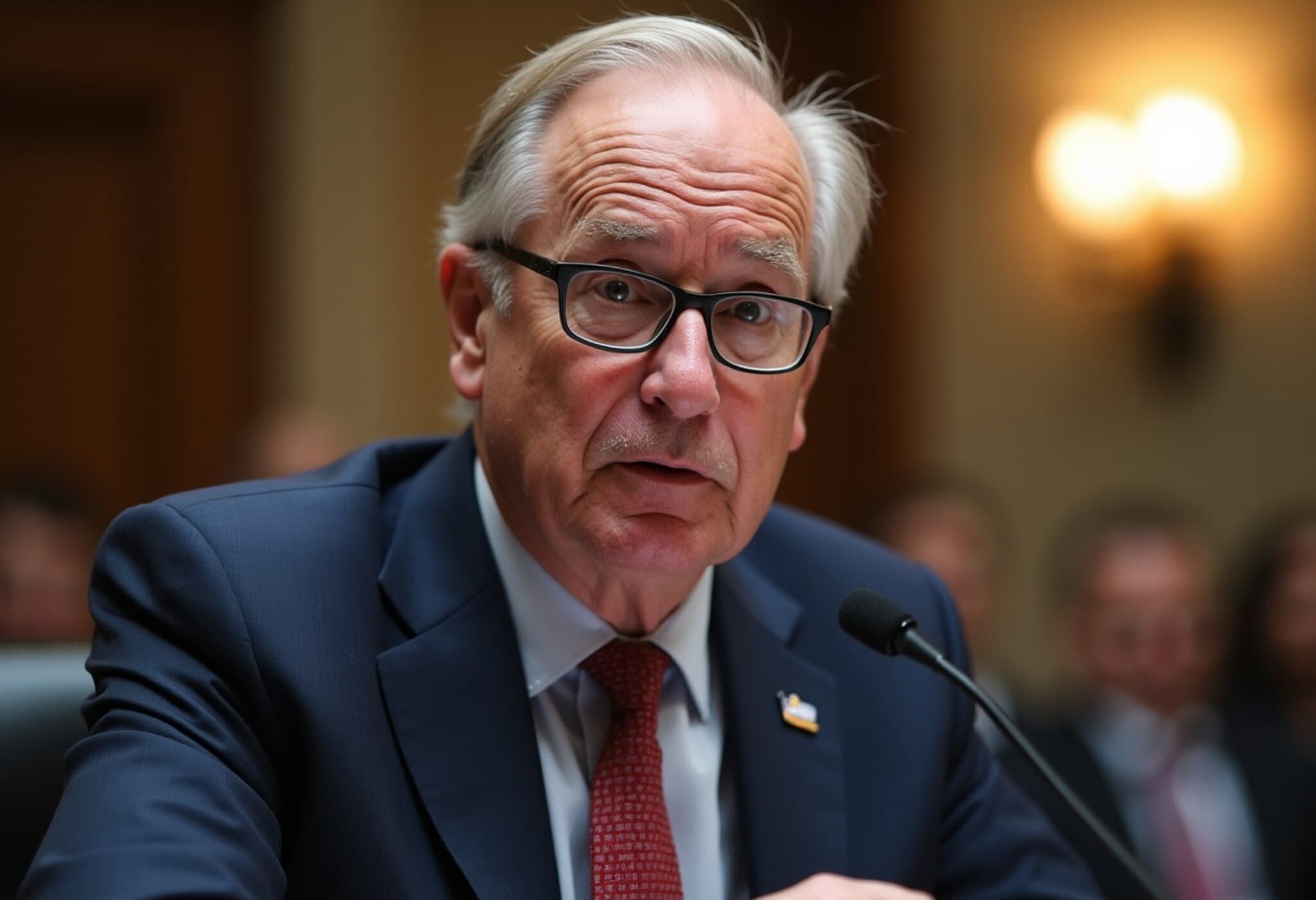France Proposes Cutting Public Holidays Amid Ambitious Spending Cuts
In a bold move to curb France's swelling budget deficit, Prime Minister François Bayrou unveiled plans on Tuesday to slash government spending by nearly €44 billion ($50.9 billion). Central to these controversial measures is a proposal to eliminate two long-standing public holidays — Easter Monday and May 8 (Victory in Europe Day) — as the government strives to trim the nation’s deficit from 5.4% of GDP in 2025 to 4.6% by 2026.
Why Target Public Holidays?
The French government argues that these two holidays, both embedded in the cultural and historical fabric of France, fall within a month already dense with extended breaks. Officials claim removing them could boost productivity by reducing downtime in businesses, shops, and civil service sectors. The government stated Easter Monday "no longer has any religious significance," and questioned the economic cost of maintaining May 8, which commemorates the end of World War II in Europe.
While the economic rationale appears straightforward, the proposal has ignited passionate debate. Holidays like May 8 are seen by many as essential to French national identity and collective memory — their potential removal touches on more than just economics, reaching into cultural heritage and social cohesion.
Balancing Fiscal Responsibility and National Sentiment
Prime Minister Bayrou framed the reforms as a "moment of truth" necessitating collective sacrifice amidst France’s soaring government debt, which now stands at a staggering 114% of GDP. "Every second, our debt increases by €5,000," Bayrou warned, emphasizing the urgent need to avoid a financial cliff.
His "Stop the Debt" initiative also includes cutting approximately 3,000 civil service jobs and tightening tax breaks for the wealthy via a proposed new "solidarity contribution" targeting those able to contribute more. Defense spending, however, would see a significant boost as President Emmanuel Macron pushes to double the military budget to nearly €64 billion by 2027.
Political Turbulence Ahead
French lawmakers remain deeply divided on these austerity measures. The government has already weathered multiple no-confidence motions since Bayrou assumed office late last year. Opposition voices, particularly from the far-left and far-right, have been vociferous and unyielding.
- Fabien Roussel, Communist Party leader, denounced the cuts as an "organized robbery," accusing the government of "making us work for free" by removing holidays.
- Jordan Bardella of the far-right National Rally condemned the abolition plans as "a direct attack on our history, our roots, and the France of work.""
This resistance illustrates the fragile balancing act between fiscal austerity and safeguarding France’s rich historical traditions.
Broader Implications and Regional Context
France’s predicament mirrors broader themes playing out in Western democracies grappling with rising debt levels and calls for fiscal prudence. Cutting public holidays is an uncommon strategy, especially given their cultural significance and role in worker morale.
From an economic standpoint, the gamble hinges on whether increased productivity on these days can meaningfully offset revenue shortfalls without exacerbating social tensions. For American policymakers, France’s situation offers a cautionary tale on the political and cultural risks of austerity measures that touch national symbols.
Looking Forward
The coming months will test the resilience of Bayrou’s government and the public’s appetite for austerity. Parliamentary approval is required for these proposals, and ongoing protests or political roadblocks could delay or reshape the reforms.
As France charts this difficult course, the nation must navigate how to uphold its historical identity while adapting to modern economic imperatives — a challenge that resonates far beyond its borders.
Editor's Note
France’s proposal to eliminate two major public holidays underscores the complex intersection of economics, politics, and culture in policy decisions. It raises critical questions: Can austerity be pursued without fraying national unity? How do societies value tradition amid financial crises? As France treads this fine line, its experience may offer valuable lessons for other democracies wrestling with similar fiscal dilemmas.















